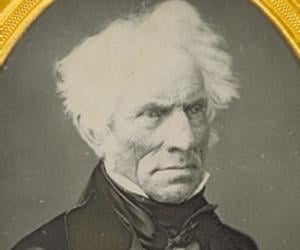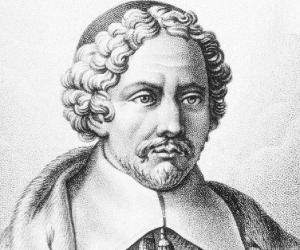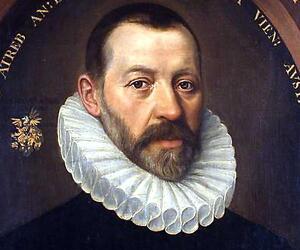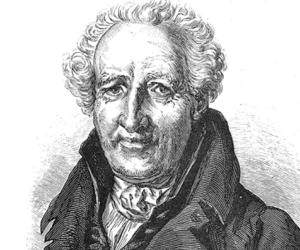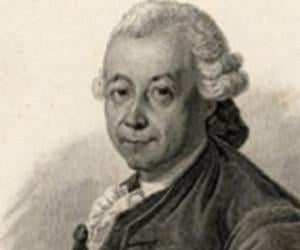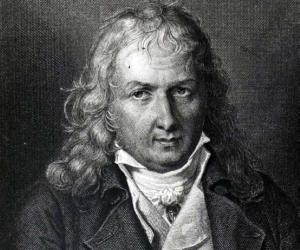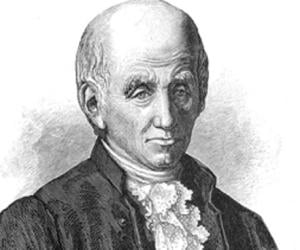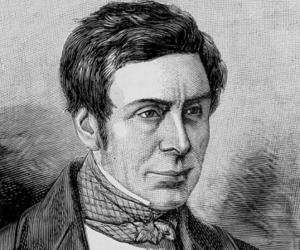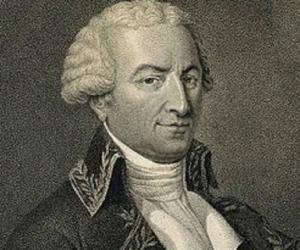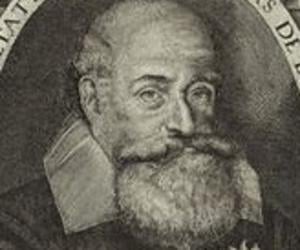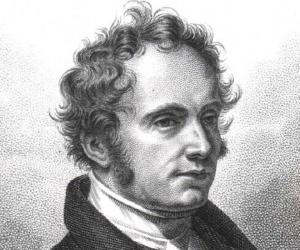1
Antoine-Augustin Parmentier
(French Pharmacist and Agronomist)
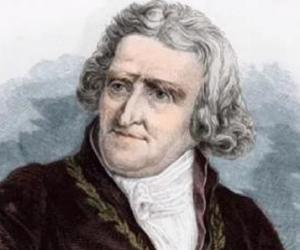
21
10
Birthdate: August 12, 1737
Sun Sign: Leo
Birthplace: Montdidier, France
Died: December 17, 1813
Antoine-Augustin Parmentier was a French pharmacist and agronomist known for promoting the potato as a food source. He established the first mandatory smallpox vaccination campaign under Napoleon's rule and pioneered sugar extraction from sugar beets. Parmentier founded a breadmaking school, studied food preservation methods like refrigeration, and made significant contributions to nutrition and health. His professional life was marked by his dedication to improving food production, public health, and agricultural practices in France and Europe.
